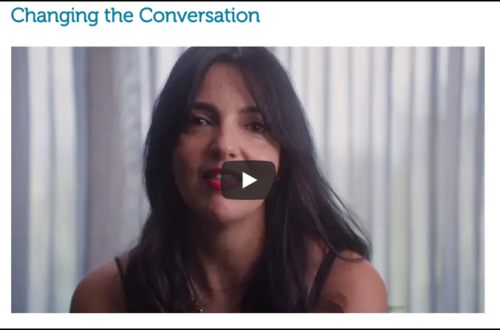“We need to do a better job of putting ourselves higher on our own ‘to-do’ list.”
~Michelle Obama, former First Lady

Coming from two highly driven multi-taskers, work-life balance has been top of mind lately. Tami recently has found herself waking up in the middle of the night with work issues running through her mind. Deb’s been racking up skymiles lately traveling (happily) for work, yet family life pulling at her time and attention while planning her son’s wedding rehearsal dinner party and her mom’s surprise 90th birthday party. Sometimes we both find our lives a little out of balance. In talking about life recently, it gave us pause to think about those living with diabetes…not only is there the need to maintain equilibrium between work and life, there is the added challenge of managing diabetes.
What does work-life balance look like?
That’s the million dollar questions. In short, work-life balance is prioritizing one’s career equally to the demands of personal life. Work-life balance can look different to each person as we each have different life commitments. What tips that balance for you? And what about for the clients/patients that you work with? Work-life balance is a factor to assess and consider in your diabetes care and education encounters.
It’s said that a good work-life balance has numerous positive effects, including less stress (which could translate into blood glucose spending more time in range with diabetes), a lower risk of general burnout (and diabetes burnout), and a greater sense of well-being.
4 tips to help restore balance
Today we’re sharing 4 tips that you can add to your solution-focused tools and tactics to use with your clients/patients with diabetes (or put into practice yourself) to help restore balance.
1 – Prioritize your health. It’s easy to put work before health. We both have been guilty of doing so. But working beyond physical and/or mental limits can result in poor work quality and increased health risks. Building on the solution-focused tenet of doing more of what works, prioritizing physical, mental and emotional health can make one a better employee and person. Find a healthy way to get work done without exhausting your body or mind. Prioritizing health can be as simple as fitting in some physical activity or daily meditation.
2 – Plan personal time. It’s said that achieving work-life balance requires intentional action. A mentor of Tami’s instilled that if you don’t schedule your personal time (such as date night with a spouse, girls/guys night out with friends, or family time) it likely won’t happen. Planning and prioritizing personal time is as important as planning for work. We have to remind ourselves that ultimately we have control of our time and life (at least for the most part, although sometimes we may forget that!).
3 – Take time to unwind. It’s critical to success. Unplugging from the outside world from time to time allows us to recover from stress and gives us space for other thoughts and ideas to emerge (read some of our past blogs on nature, being with friends, and rest). Unplugging can mean something simple like reading a book for pleasure, binging a new streaming series, or practicing gratitude on your way to and from work, instead of thinking about work. Taking that time to unwind can help prevent burnout and help you feel more energized when at work
4 – Strive for a realistic balance. Some days, you might focus more on work. Other days you might have more time and energy to spend time with family and friends or enjoy a favorite hobby. Keep the big picture in mind – that balance is achieved over time, not each day.
We welcome anyone interested in our approach to Subscribe to our blog and we’ll email you when a new post is published.
If you are a health care professional and interested in learning more about our solution-focused practice and approach, when you subscribe to our blog, we’ll send you in return a FREE resource of 10 Solution-Focused Questions to start a solution-focused discussion with your clients.
Follow us on Twitter @AFreshPOVforYou
Deb is employed by Dexcom, but her words and opinions in this blog are her own.
Tami is employed by the University of Kentucky HealthCare Barnstable Brown Diabetes Center, but her words and opinions in this blog are her own




